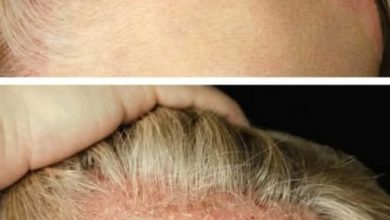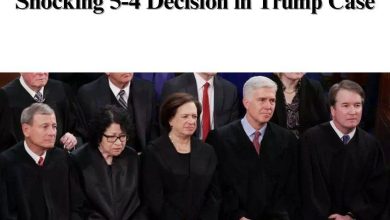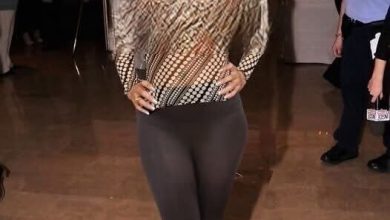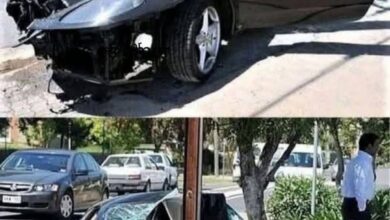Uncategorized
The BIBLE says the age difference between couples is a…

The Bible doesn’t set rules about age gaps in marriage—it focuses on wisdom, love, respect, and shared faith. Examples like Abraham and Sarah or Ruth and Boaz show that age differences didn’t define their unions. What matters most is being spiritually aligned and “equally yoked,” not the number of years between partners. While big age gaps may bring practical challenges, a God-centered relationship built on mutual respect and commitment matters far more than society’s opinions or age itself.




